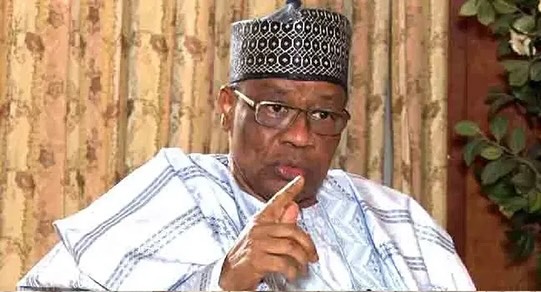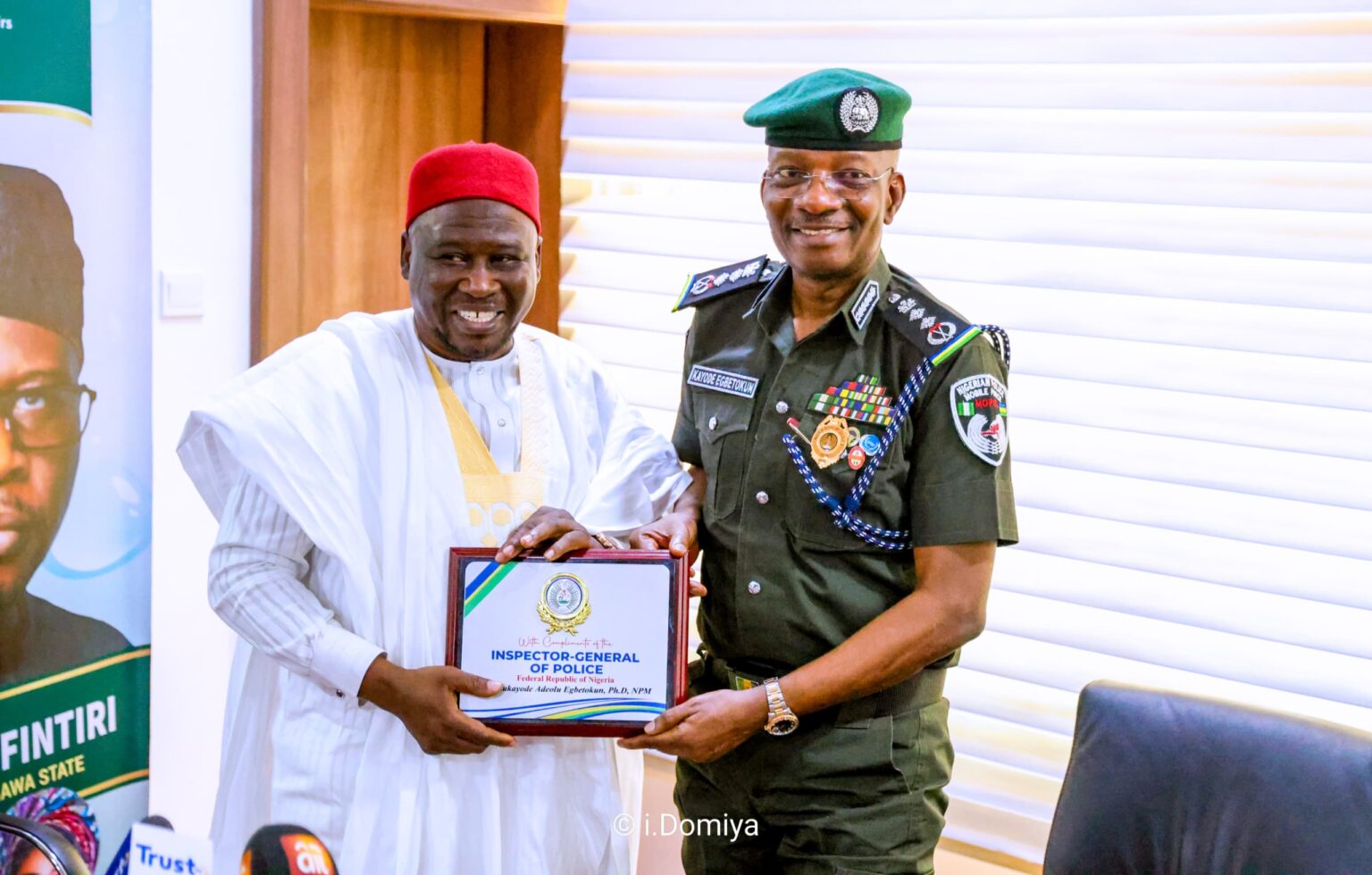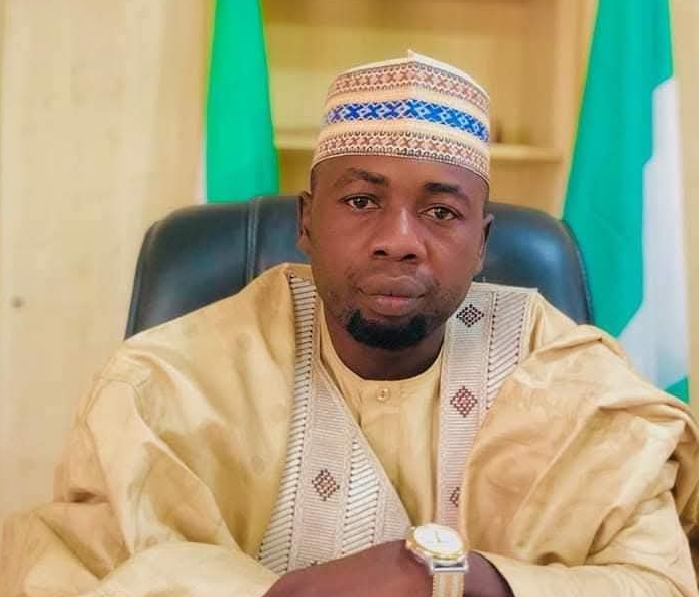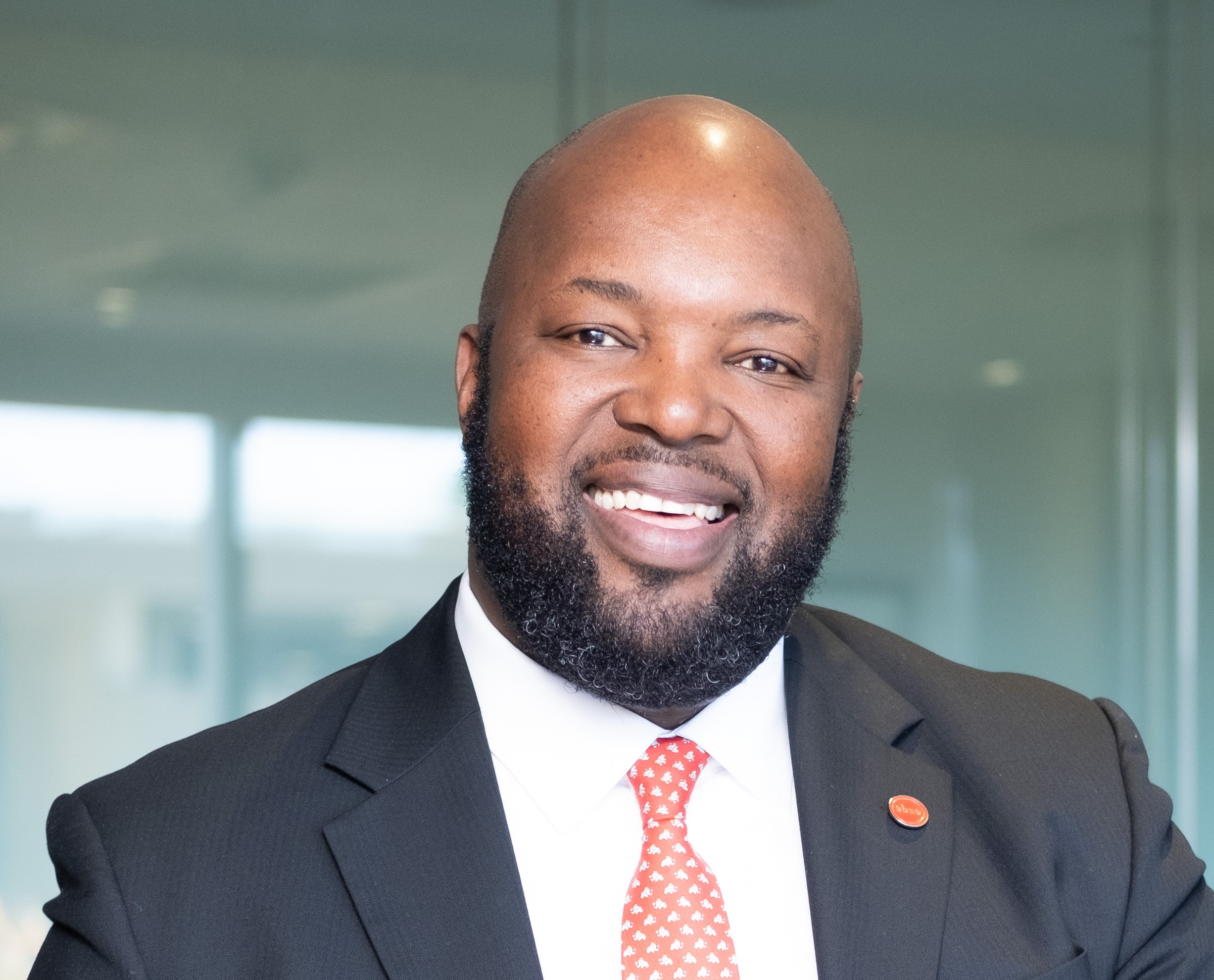
In a groundbreaking revelation, Nigeria’s former military president, General Ibrahim Babangida, has officially recognized Chief Moshood Kashimawo Olawale Abiola as the rightful winner of the June 12, 1993, presidential election. This acknowledgment is contained in his newly released autobiography, A Journey in Service, which was launched in Abuja
The memoir, reviewed by former Vice President Yemi Osinbajo, provides fresh insights into the controversial annulment of the election, a pivotal moment in Nigeria’s democratic history. Babangida, who ruled Nigeria from 1985 to 1993, admitted that Abiola met all constitutional requirements to win the election, reinforcing long-held assertions that the billionaire businessman-turned-politician was unjustly denied his mandate.
Osinbajo, during his review, highlighted the significance of Babangida’s confessions, describing them as crucial for national reconciliation and historical documentation. He also commended Babangida for expressing gratitude to former President Muhammadu Buhari for posthumously recognizing Abiola as a former head of state. In 2018, Buhari conferred Nigeria’s highest national honor, the Grand Commander of the Federal Republic (GCFR), on Abiola and declared June 12 as the country’s official Democracy Day.
Babangida’s book sheds light on key political events, governance decisions, and the complexities surrounding Nigeria’s transition to democracy. Political analysts believe this acknowledgment could reshape historical narratives and foster further discourse on the country’s democratic evolution.
The annulment of the June 12 election remains one of Nigeria’s most debated political crises, with its ripple effects still felt in contemporary governance and democratic struggles. Babangida’s revelations may serve as an opportunity for reflection and renewed commitment to upholding democratic principles in the country.
As Nigerians react to this historic admission, it raises critical questions about justice, political accountability, and the long-term impact of decisions made in the corridors of power.







